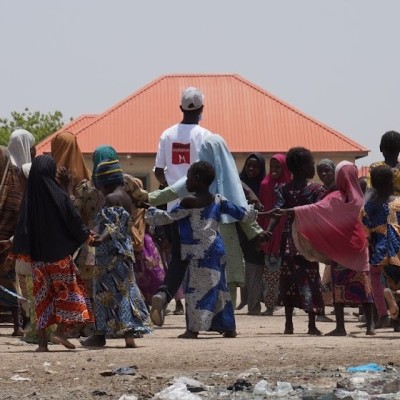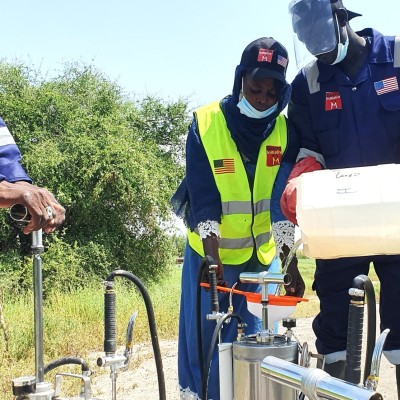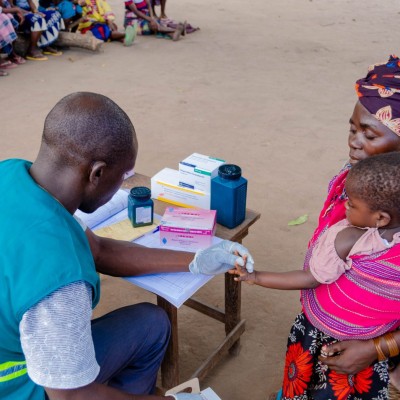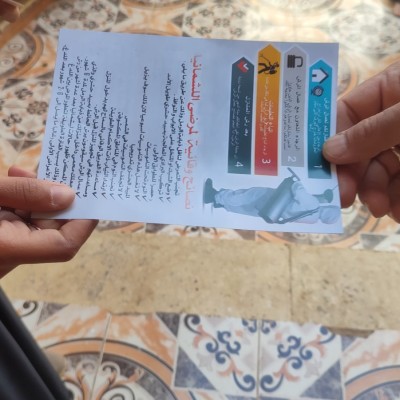High quality training and regular supervision of health workers and community health workers helps to improve the quality of care.
By using a thorough training programme, we provide community health workers with the skills and knowledge to effectively deliver healthcare which focusses on vector-borne diseases.
This programme combines theoretical learning with practical demonstrations, providing a thorough understanding of disease prevention, case management and community engagement. Training is tailored to meet the needs and challenges of the specific context of each country we work in and is guided by existing local guidelines.
MENTOR works with local ministries to carry out on-the-job supervision to ensure a high quality of healthcare services, in accordance with best practice. This involves regular site visits to healthcare facilities and mentoring community health workers.
Through this monitoring and feedback process, we identify improvements and challenges that need to be addressed. This provides ongoing guidance and support to health workers.
Data collected from on-the-job training is routinely analysed to identify gaps in knowledge and practice. Subsequent supervision is tailored to address needs and gaps.
Some of the main challenges implementing training programmes and regular supervision include:
- Limited resources for routine supervision
- Remote locations
- Population mobility
- Unstable settings
We apply innovative approaches and adapt training and supervision methods to suit the local context to address these challenges. Digital technologies and distance learning to reach health workers in remote areas is another option to improve access to training and ongoing supervision.








